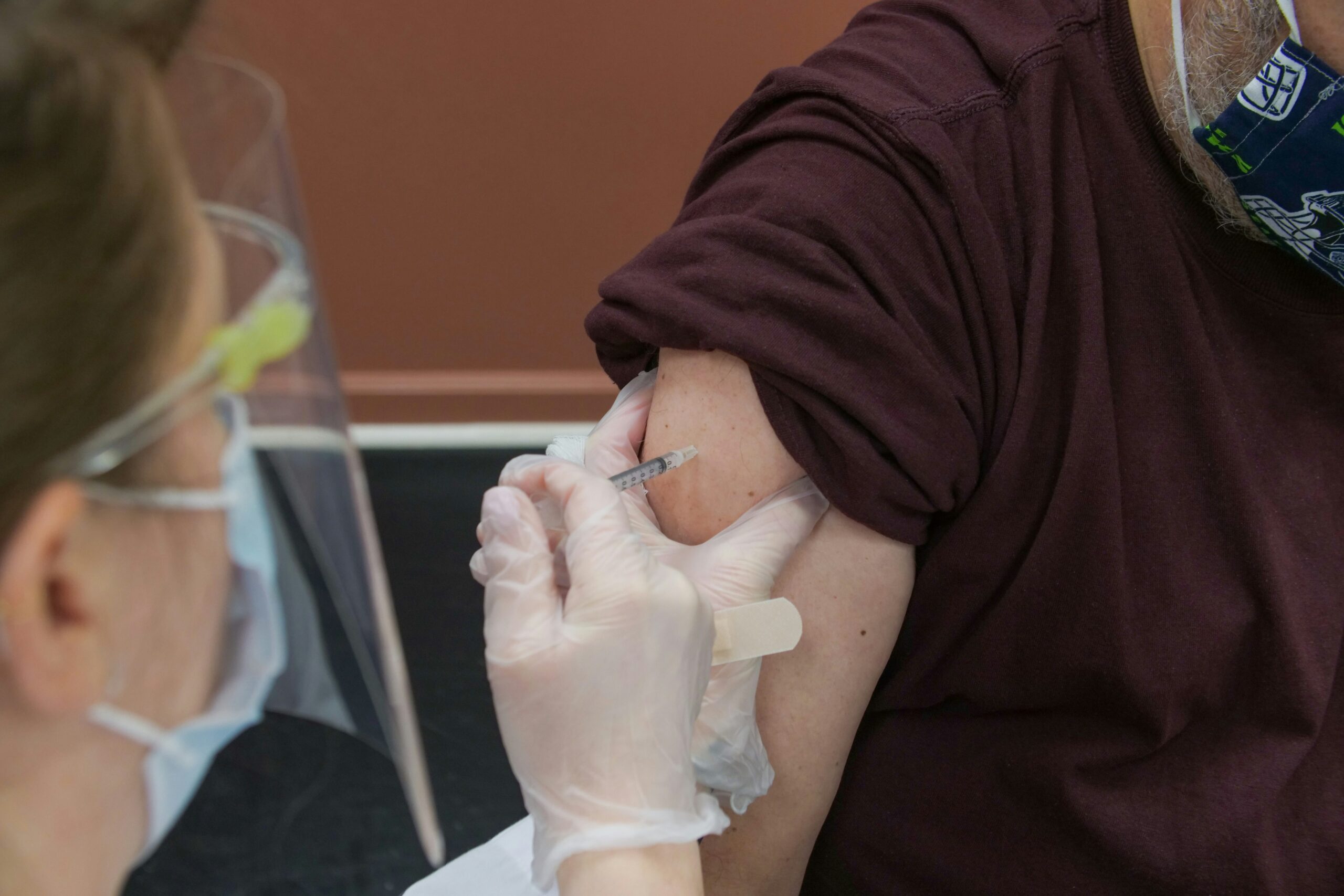It is a phenomenon addiction professionals and people in recovery are well familiar with: replacement addiction, also known as addiction interaction. “Everyone who has battled an addiction understands the concept,” Jeanene Swanson wrote on The Fix. “You go from smoking to eating; from drinking to shopping; from sex to chocolate to working. You’re substituting one addiction for another in an attempt to compensate for a perceived ‘lack’—emotionally or psychologically.” People suffering from the disease of addiction can easily switch from one substance or behavior to another. In most cases, they do not crave the actual substance but rather the emotional relief provided by the substance or behavior. “It has to do with the chemistry of addiction,” says Philip Hemphill, Ph.D., LCSW, former chief clinical officer of Lakeview Health.
Addictive substances interact with the dopamine-based motivation system of the brain. “It is a more primal part of the brain that is responsible for instinctual behavior and emotional responses,” explains Hemphill. “Recovery can only begin when the executive part of the brain—the prefrontal cortex—starts to control those impulses, and that requires an extended period of time.” As one addictive process fades in early recovery, the propensity to develop another is elevated. While the reward system is weaned off one addictive substance or behavior, it can easily be replaced with another, more acceptable one. If the underlying reasons for the addiction are not addressed, the recovery will be in jeopardy. “About 70 percent of Lakeview patients present with co-occurring disorders,” says Dr Hemphill. “Those are not necessarily additional addictions but could be mood or anxiety disorders. These conditions are prevalent in the addiction population in general.”
Since addressing those co-occurring conditions is crucial for a successful recovery, all Lakeview patients are carefully assessed to determine their individual needs. “We’re looking for traumatic episodes, sexual abuse, eating disorders, and chronic pain, among other things,” says Hemphill. “All of these could also be a factor in case of replacement addictions.” The prevalence of co-occurring conditions and the risk of substitute addictions underline the importance of professional, evidence-based intervention. The medical team at Lakeview can determine whether there is a mood disorder covered up by substance misuse and utilize appropriate medications such as antidepressants and painkillers if those are indicated. Patients at Lakeview are also divided into gender-responsive primary groups and teams, which means that men and women are in completely separate programs. This helps prevent sexual distractions and keeps the focus on recovery. Inappropriate sexual relationships are among the more common replacement addictions.
Often, acting out sexually already coexisted with a chemical addiction, and can seriously interfere with the addiction treatment. The Lakeview team quickly saw positive results after implementing its gender-specific program in June 2016. “Women are more prepared to talk about their trauma in an all-female environment,” says Dr. Hemphill. “They are much more likely to report domestic violence and share parenting issues, and they are more likely to stay longer in treatment. In the men’s program, there’s less aggression now. They are also more eager to open up and share their feelings instead of sitting back and letting the females do the talking.” Another common replacement activity is excessive physical exercise. Some patients start spending hours in the gym or start running lots of long distances races. It is much healthier than misusing drugs and alcohol but has its own dangers if it becomes compulsive behavior. “No addiction is really harmless,” warns Dr. Hemphill. “If a replacement activity interferes too much with a person’s life, if it takes them away from their responsibilities and their social activities, it’s a problem.” The aim of residential treatment at Lakeview is a full body–mind–spirit recalibration of a person’s life. The cessation of substance use is only one aspect of that, and substitute addictions indicate that the full reset has not been achieved and that the recovery needs further stabilization.




